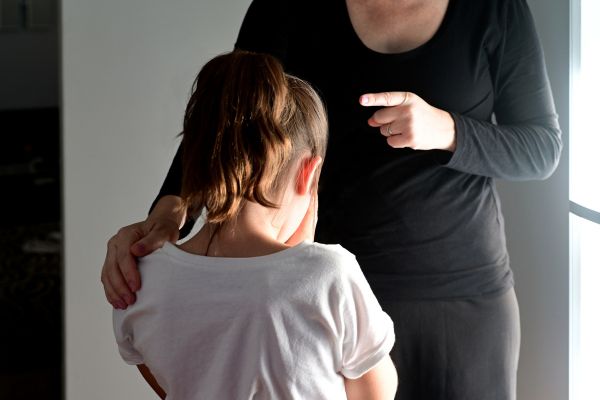
Parenting is a challenging yet rewarding journey. When faced with a child’s misbehavior, it’s natural to seek immediate solutions, and punishment might seem like the easiest path to take. However, while punishments can stop unwanted behavior in the short term, they come with significant drawbacks. Evidence-based approaches like Conscious Discipline and Positive Guidance show us that punishments often do more harm than good. Here are four reasons why punishments aren’t effective and what you can do instead.
1. Punishments Focus on Short-Term Compliance
When our children act out, the instinctive reaction is to make the behavior stop right away. Punishments can achieve this immediate goal, but they don’t address the underlying reasons behind the behavior. A child might stop acting out due to fear of punishment, but without understanding the root cause, the behavior is likely to return.
What to Try Instead: Shift your focus to understanding why the behavior is happening. Is your child tired, hungry, or seeking attention? By addressing these underlying needs, you can help your child learn more appropriate ways to express themselves, leading to lasting behavioral change.
2. Punishments Don’t Teach Essential Skills
Children often misbehave because they lack the skills to meet their needs appropriately. Punishments address the behavior in the moment but don’t equip children with the tools they need to manage their emotions and actions in the future. This means the same issues are likely to reoccur.
What to Try Instead: Use challenging moments as teaching opportunities. Help your child understand their emotions and guide them toward better ways to handle similar situations. This could involve teaching them how to ask for help, express their feelings with words, or find alternative solutions.
3. Punishments Create a Shame-Based Environment
One of the unintended consequences of punishment is that it can make children feel ashamed. When kids are punished, they may internalize the message that they are bad or unworthy, which can damage their self-esteem and self-worth.
What to Try Instead: Foster a positive environment where mistakes are seen as opportunities for growth. Reinforce the idea that making mistakes is a natural part of learning. Praise efforts and improvements, and provide gentle guidance when they slip up. This approach helps build a healthy self-image and encourages a love of learning and self-improvement.
4. Punishments Erode Healthy Parent-Child Connections
Strong, supportive relationships are crucial for healthy development. Punishments can drive a wedge between you and your child, making them feel isolated or like you’re against them. This can harm the trust and bond you share, which is essential for effective guidance and emotional security.
What to Try Instead: Focus on maintaining a strong connection with your child. Approach discipline as a team effort, showing them that you are there to support and guide them through difficult moments. Empathize with their struggles and work together to find solutions. This reinforces your bond and makes your child feel secure and understood.
Taking the Long View
It’s challenging to look beyond the immediate need to stop a misbehavior, especially in stressful moments. However, stepping back and considering the long-term impact of our disciplinary methods can help us make better choices. By moving away from punishments and towards empathetic, constructive strategies, we support our children’s development in a healthier, more effective way.
Remember, the goal isn’t just to stop misbehavior but to help our children grow into responsible, emotionally intelligent, and confident individuals. With patience, empathy, and understanding, we can guide our children toward positive behaviors and build strong, loving relationships that last a lifetime.